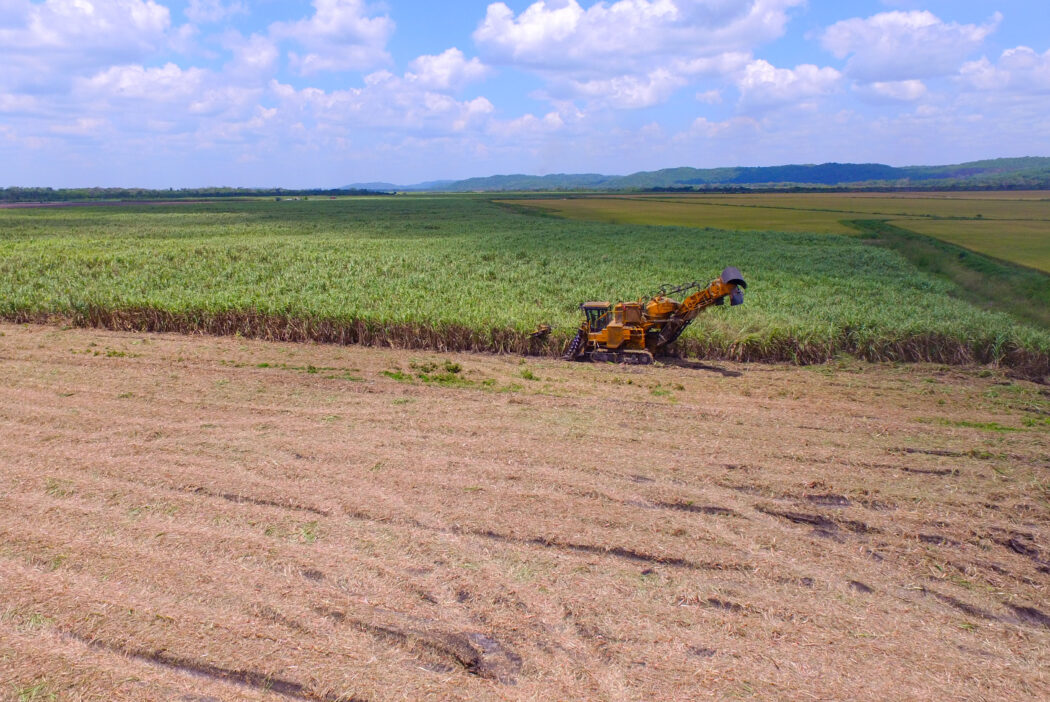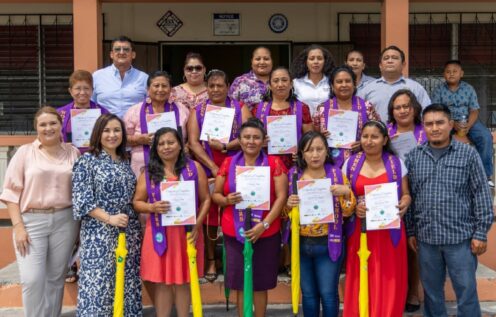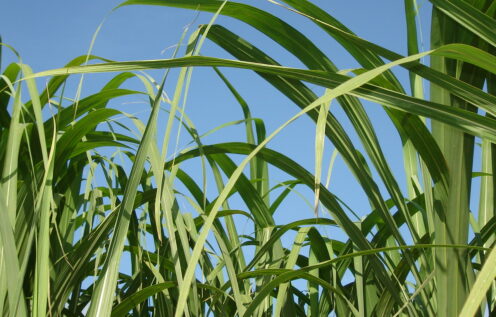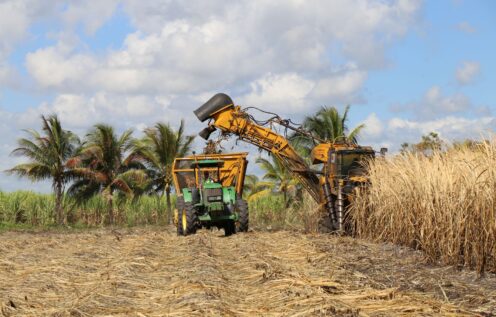Biodiversity is essential for the processes that support all life on Earth, including humans. Without a wide range of animals, plants, and microorganisms, we cannot have the healthy ecosystems that we rely on to provide us with the air we breathe and the food we eat.
Belize is located in the northern part of Central America and beautiful, biodiverse forests dominate its landscape. Among the many animals indigenous to this landscape, the Jaguar is considered an important indicator species; because it is at the top of the food chain, a healthy Jaguar population means that Belize’s ecosystems are also healthy.
The sugarcane industry has a responsibility to minimise any potential environmental impacts, particularly on endangered species, but the Progressive Sugar Cane Farmers’ Association has gone further in their initiative which promotes sustainable sugarcane farming practices that actually support biodiversity and ensure the thriving of wildlife in the region.
The association arranged for farmers whose land is close to areas of high conservation value such as rivers and nature reserves, to participate in a Wildlife Ambassador Program run by local NGO Belize Wildlife and Referral Clinic.
As well as the training, the Progressive Sugar Cane Producers’ Association, a local nature reserve; the Corozal Sustainable Future Initiative, and Belize Sugar Industries (BSI), Tate & Lyle Sugars’ cane sugar supplier in Belize, have come together to support biodiversity.
Together, they are implementing innovative strategies that balance agricultural productivity with ecological conservation to preserve the wildlife looking to thrive and survive in their habitat. The goals of this project include to protect the biodiversity of Northern Belize in order to promote healthy ecosystems and help stabilise the climate, provide food, clean water, and to protect the coastline.



